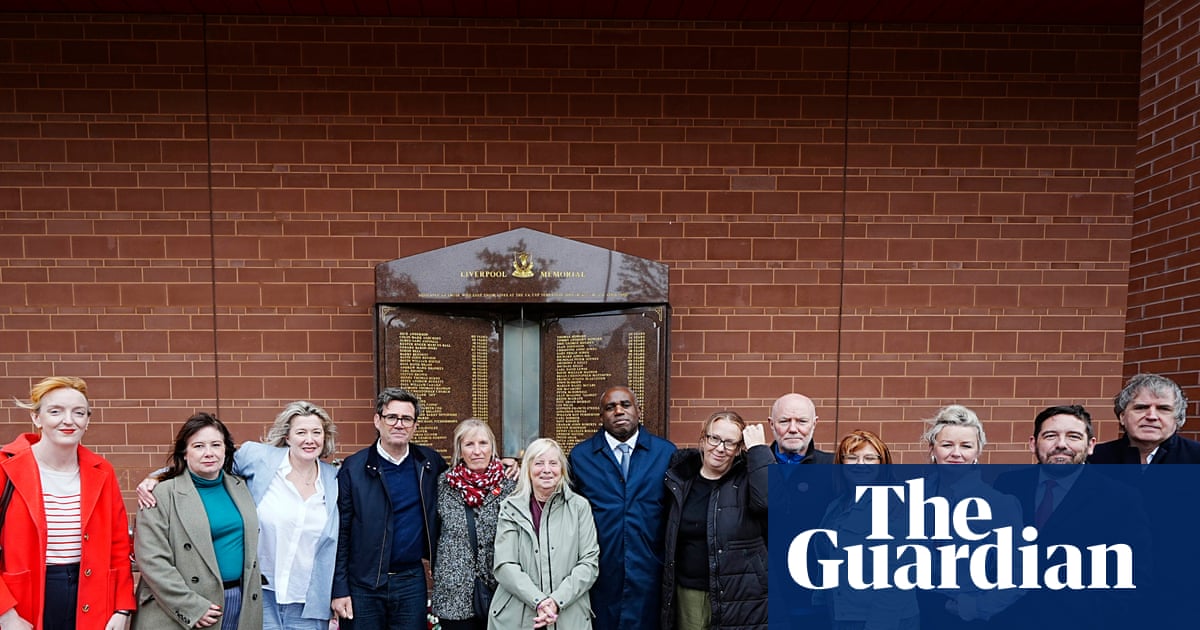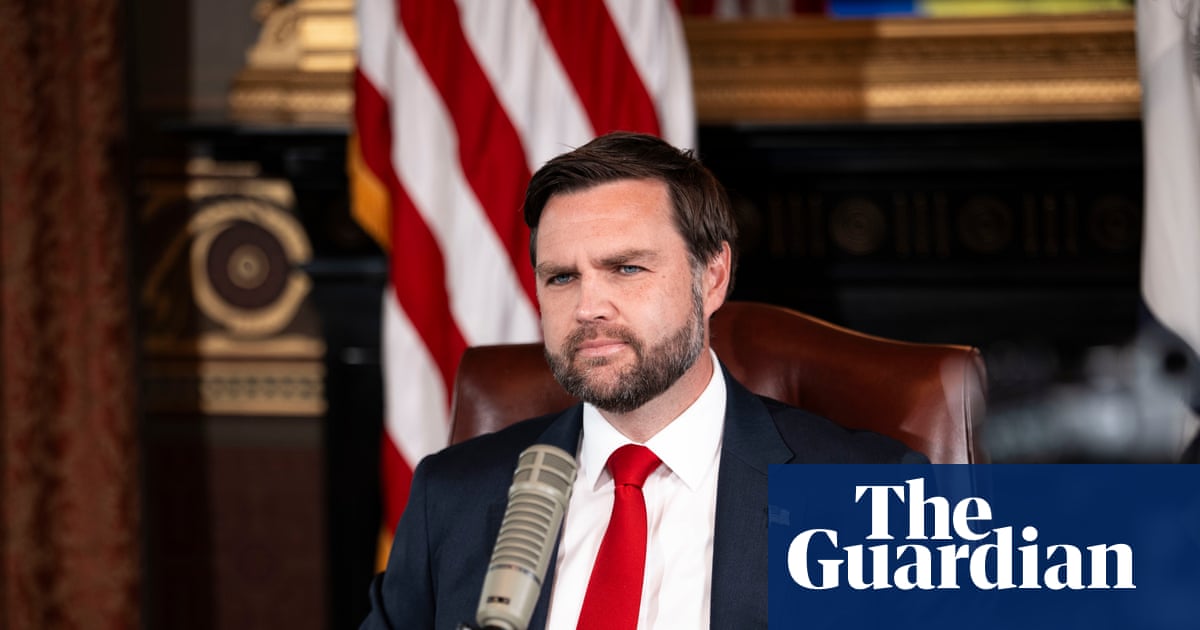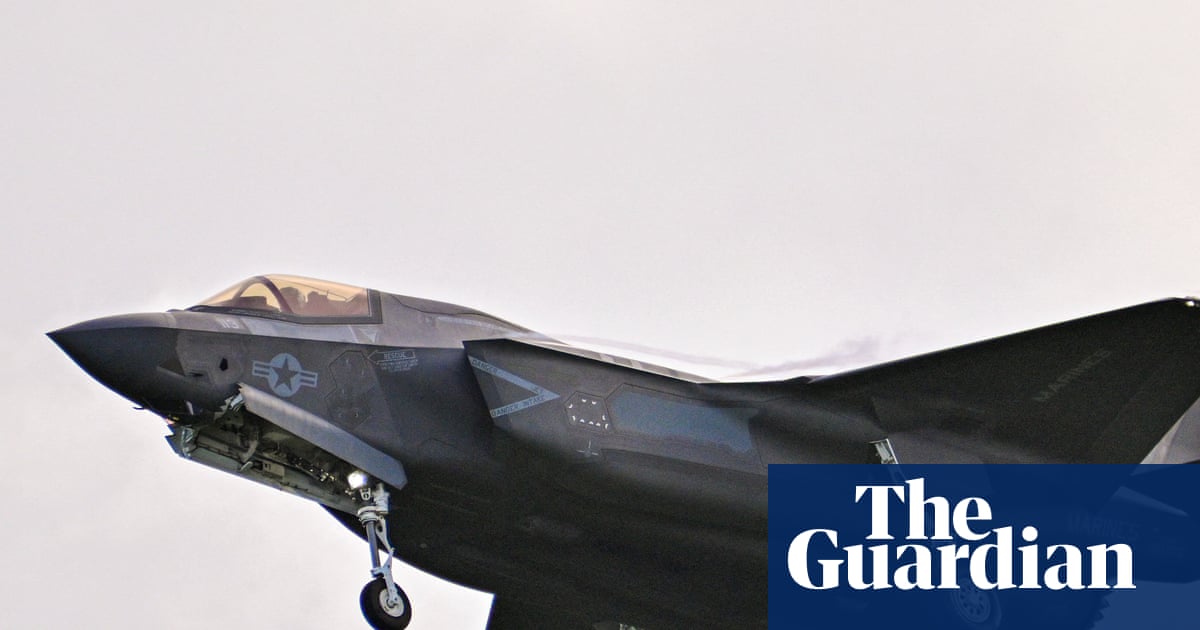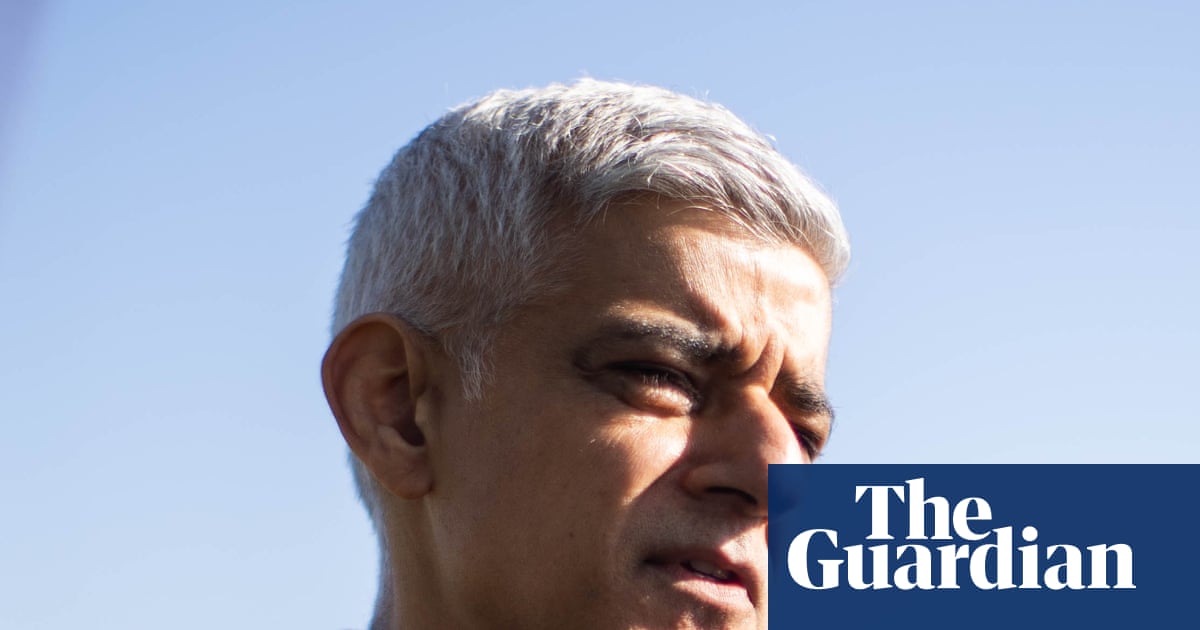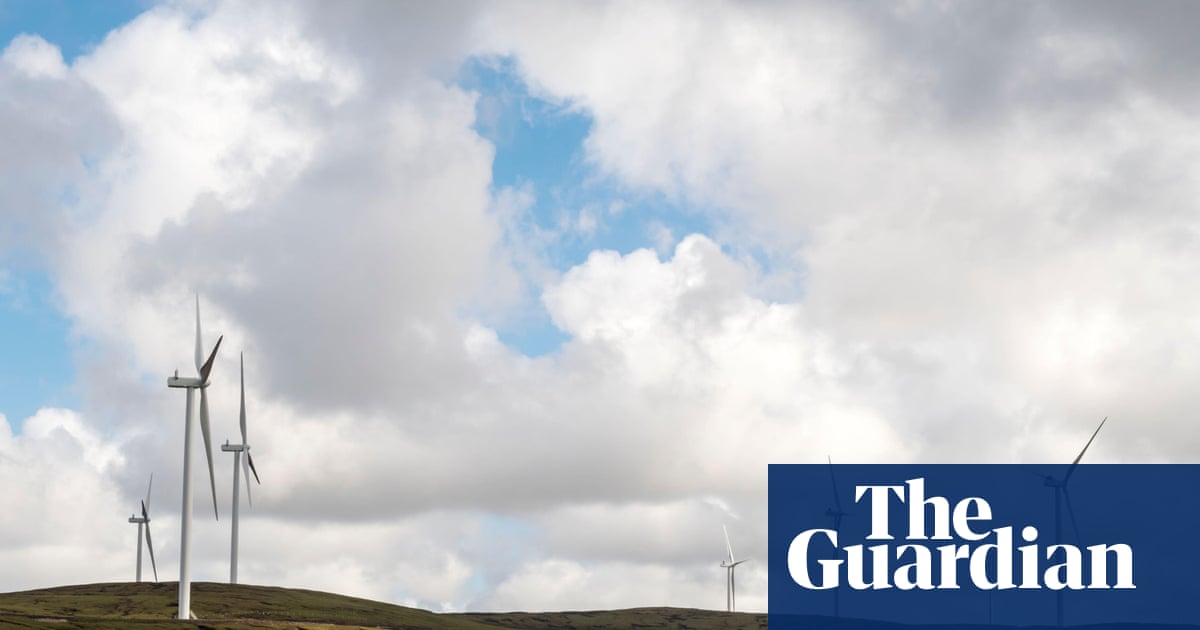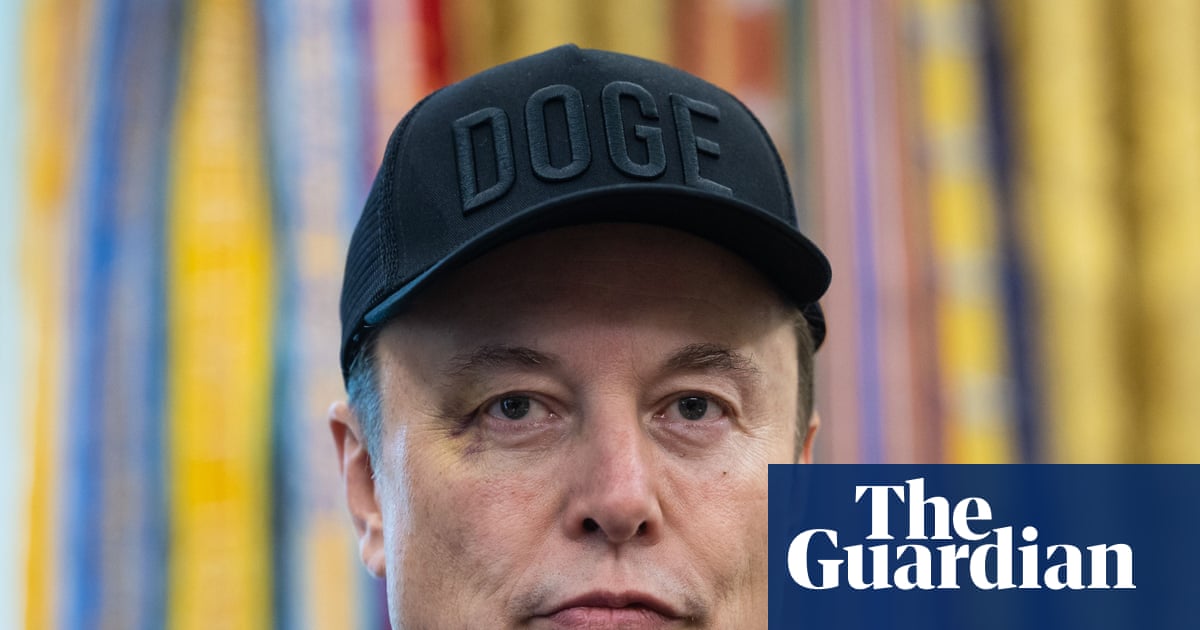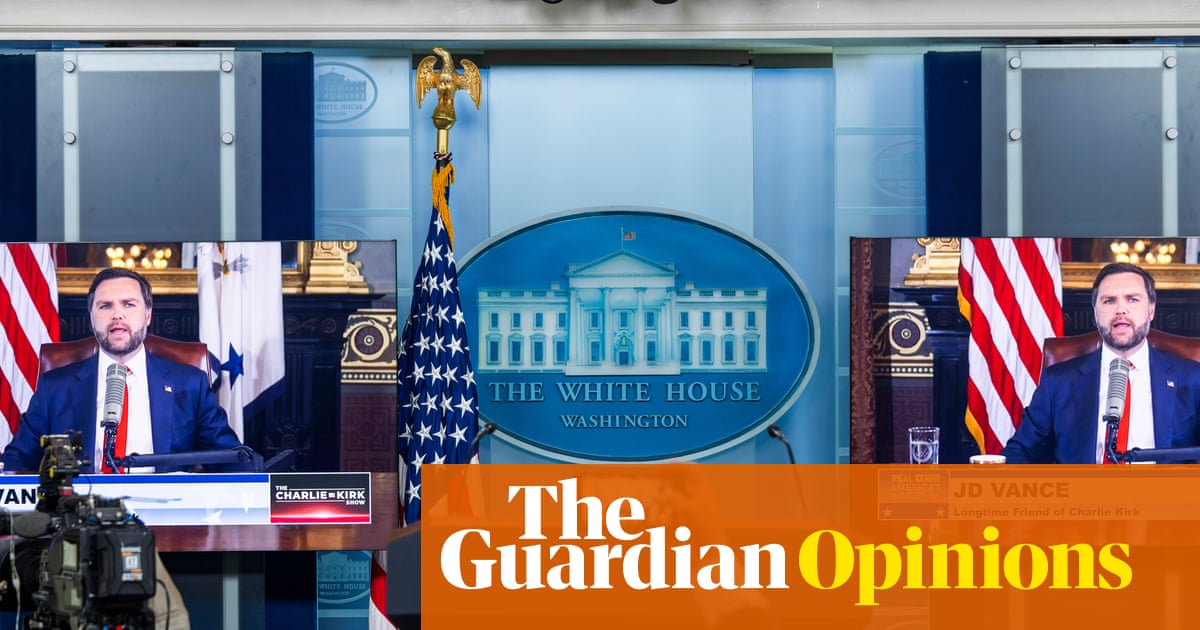It’s an irony that the minerals needed to save the planet may help destroy it. Rare earth elements, the mineral backbones of wind turbines and electric vehicles, are now the prize in a geopolitical arms race. The trade agreement between Washington and Beijing restores rare earth shipments from China to the US, which had been suspended in retaliation against Donald Trump’s tariffs. Behind the bluster, there has been a realisation in Washington that these are critical inputs for the US. They are needed not just by American icons such as Ford and Boeing but for its fighter jets, missile guidance systems and satellite communications.
This understanding suggests that Washington will scale back some of its countermeasures once Beijing resumes delivery of rare earths. The paradox is that to reduce its dependence on China, the US must depend on Beijing a little longer. This is not yet decoupling; it’s deferment. That, however, may not last. Mr Trump has signed an executive order to boost production of critical minerals, which encourages the faster granting of permits for mining and processing projects. He eyes Ukraine and Greenland’s subterranean riches to break dependence on China.
The west became so reliant on a single geopolitical rival for such materials – materials it once extracted and refined domestically before shuttering operations – due to cost and environmental concerns. China, for its part, has come to dominate global rare earth processing. It has used that market power before – notably against Japan in 2010. It’s hard not to think that it was strategic complacency that led to the west relying so heavily on China for key minerals.
This month’s Nato summit has seen the west push to reindustrialise via rearming itself. This is also reawakening long-dormant extractive ambitions in the global north. Canada, flush with critical mineral deposits, says its planned mining resurgence will be a new foundation for alliance solidarity. This month the EU called for strategic reserves of rare earths “to prevent supply chain disruptions and economic blackmail from China” – highlighting their importance not just for electric vehicles but for defence and aerospace industries. “Resilience” means digging deeper at home and controlling extraction abroad.
The same minerals we need for net zero are being justified in terms of zero-sum rivalry. It is uncomfortable that “green growth” and militarism have merged into a single policy frame, collapsing the distinction between ecological transition and arms buildup. A magnet for an electric car is also a magnet for a hypersonic missile. And meanwhile, the human and ecological toll continues to rise – largely out of sight and out of sync with the idea of environmental sustainability.
A Guardian dispatch last week from Baotou, China’s rare earth capital, found evidence of toxic ponds, poisoned soil and demolished “cancer villages” – the hidden cost of our digital and electric age. Framing this as an inconvenient necessity risks repeating past mistakes. For mineral-rich nations, the surge in global demand brings opportunity. But as a UN report this year noted, without strong institutions and safeguards, it risks a familiar fate: corruption, conflict and environmental ruin.
Today’s scramble for critical minerals must not see the promises of responsible sourcing give way to a familiar logic – extract first, moralise later.

.png) 2 months ago
38
2 months ago
38
